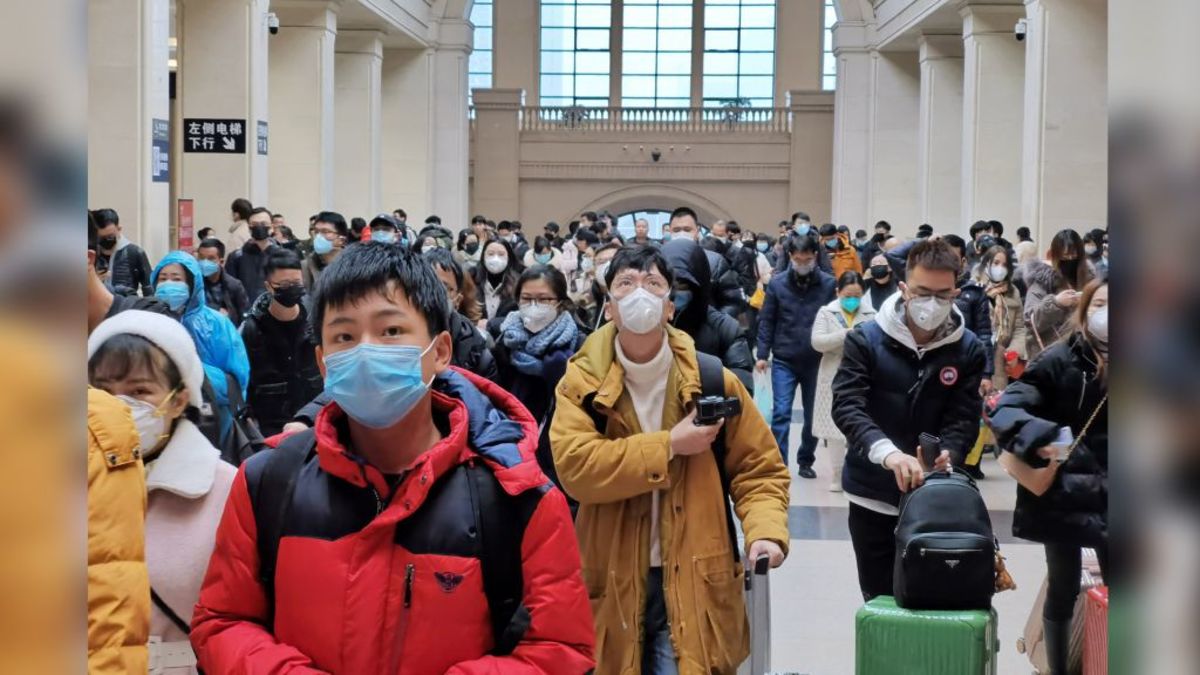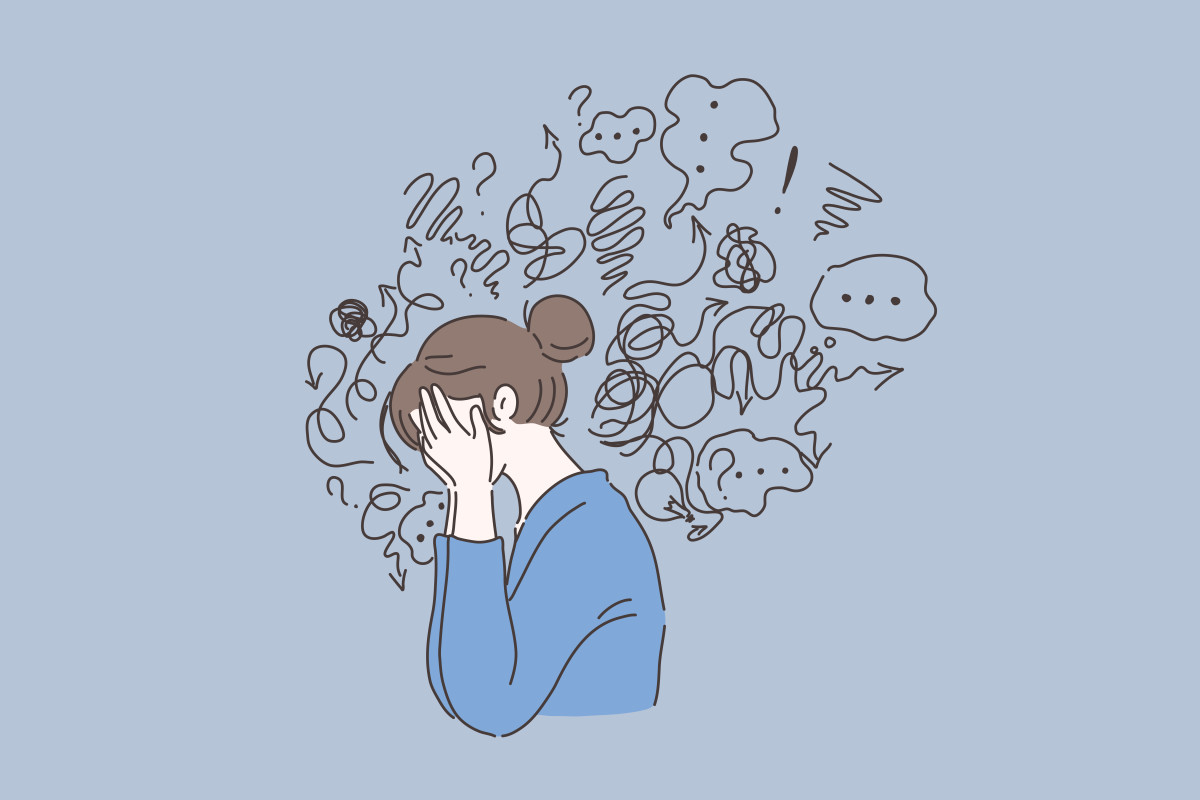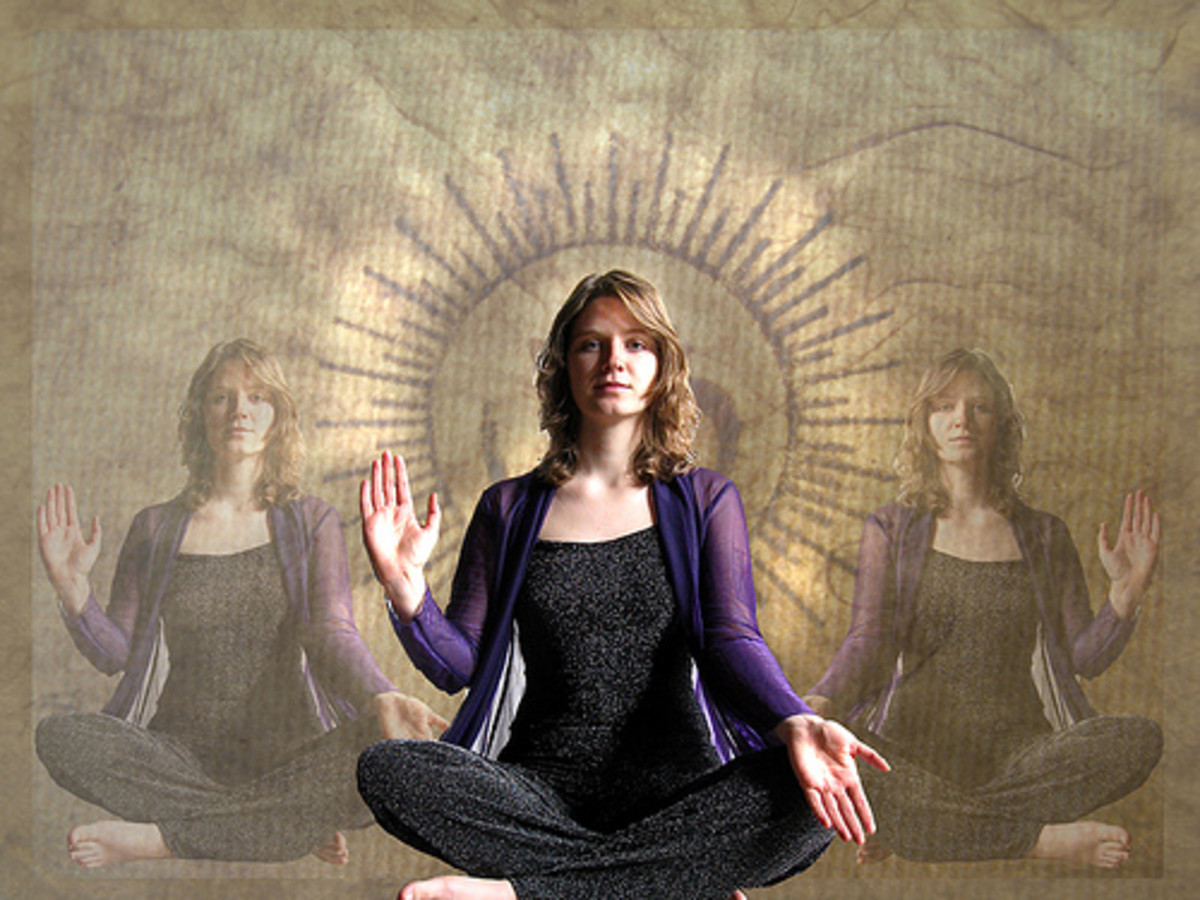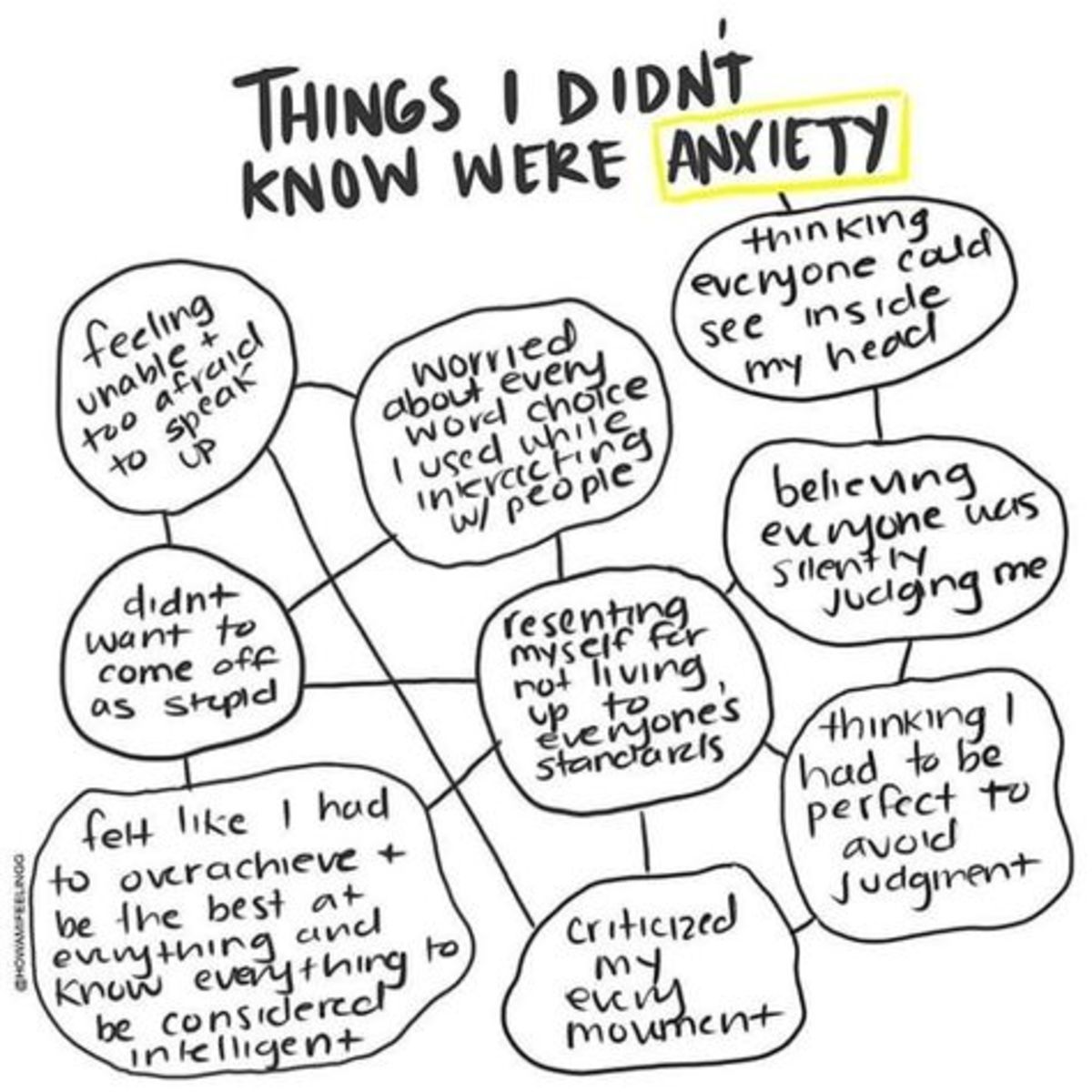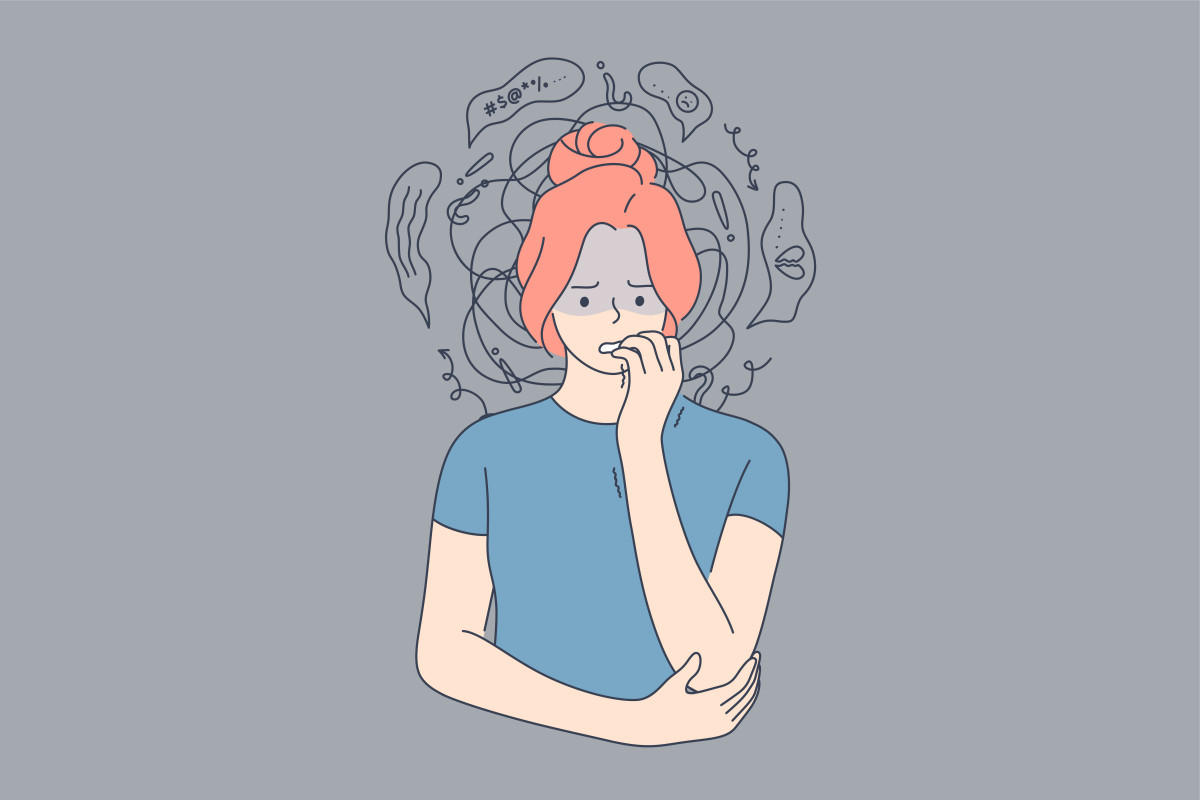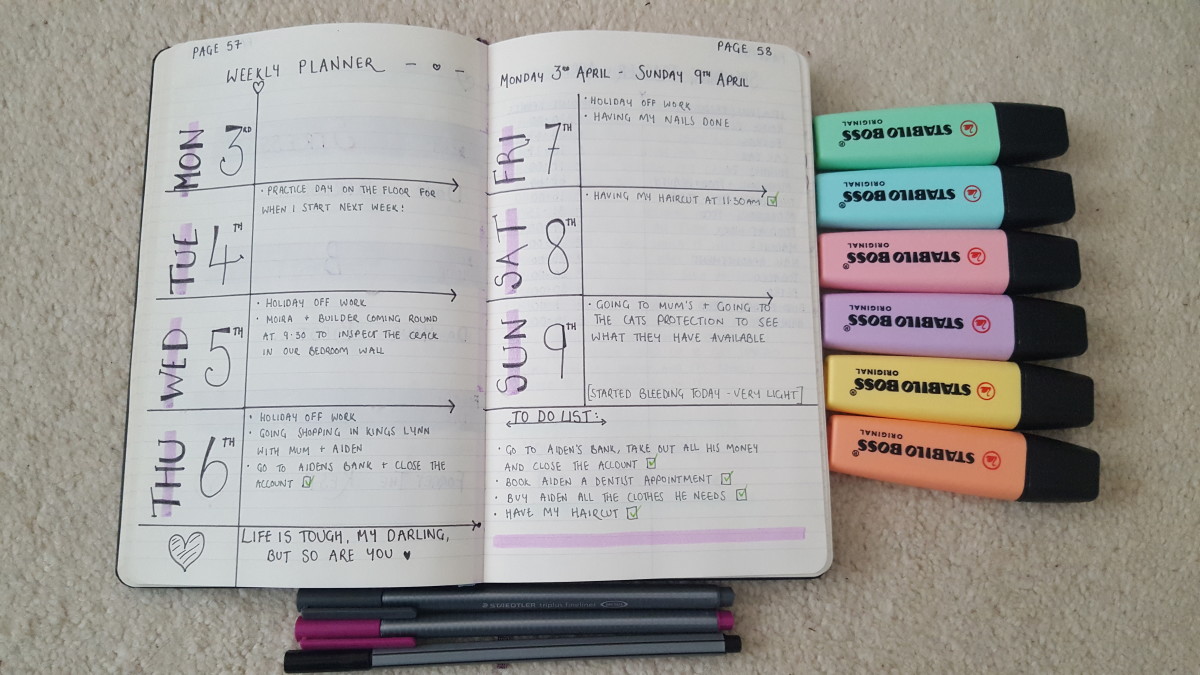- HubPages»
- Health»
- Mental Health»
- Anxiety Disorders
Coronavirus: 3 Ways to Put an End to Your Anxiety
Have you found yourself in a constant state of fear or overwhelm ever since the recent CoronaVirus outbreak? Maybe you've been keeping a very close eye on the news everyday for any potential updates or answers. Chances are—you probably haven't left your house or gotten much sleep for that matter. If this sounds like you, it's OKAY because you are not alone. People worldwide have been panicking over the pandemic.
After reading many posts across the internet, I noticed that there was one trending topic...anxiety. Given the amount of people who were seeking help on how to improve their anxiety during these times, it inspired me to share what has helped me through my own personal journey. Stick around because today I will be sharing with you three ways to put an end to your anxiety.

What is Anxiety?
Before I go more into depth with this article, I wanted to give you a quick summary as to what anxiety is. The American Psychological Association (APA) defines anxiety as “an emotion characterized by feelings of tension, worried thoughts, and physical changes”. And while this may be true, my belief is that anxiety is simply a combination of fear due to a person's past, and the uncertainty of their future.
Common Symptoms of Anxiety
While symptoms may vary depending on the severity of a person's anxiety, here are the most common ones:
- Feelings of nervousness, restlessness, or tension
- Feelings of danger or that something "bad" is going to happen
- Increased heart rate
- Breathing heavily
- Excessive sweating, shaking, and chills
- Feelings of weakness or fatigue
- Trouble sleeping at night or sleeping too much
- Extreme difficulty controlling worrying thoughts
- Avoiding things that may potentially trigger anxiety
Experiencing occasional anxiety in life is completely normal, however, if it continues or worsens over time, it's best that you seek help from a medical professional.

1. Meditation
When we are consumed by fear it either has something to do with what we've gone through in the past, the uncertainty of our future, or sometimes a mixture of both. When the two intertwine, it can become very easy for us to escape the present moment. Meditation is a tremendous coping technique when experiencing anxiety because it allows us to observe our thoughts. Mindfulness-based meditation is my best recommendation for those who experience or have anxiety because it has a specific stress-reduction approach to it.The general concept of it is to detach from negative thought patterns, and recognize any built-up tension, pain, or emotions that you may feel in your body. And just like anything in life, meditation is a practice and takes time to learn. It doesn't require a lot of time, but if you are willing to dedicate just five to ten minutes a day, I promise you that the outcome is very rewarding. You will be able to observe your thoughts from a non-judgemental point of view rather than react to difficult situations.
2. Awareness
Now, I know what you might be thinking..awareness is NOT the same as meditation and let me explain why. Have you ever felt so overwhelmed with thoughts that you felt like you were inside of your own head? Maybe you felt a little bit "hazy" or detached from your surroundings? There are a couple different reasons that this happens, but the main reason is because you are on what they call "autopilot" a term you may have heard before. Living in autopilot simply means that you feel as if you have no sense of purpose. You are living the same routine everyday, you may find your mind wandering constantly, you are afraid of judgement, and it may even feel like you have no control over your own life at times. The easiest way to "shut off" autopilot is being aware of your surroundings. This simply means taking a moment to look around you. Tap into all of your senses to bring you back to the here and now. What colors do you see? What patterns do you notice? What sounds do you hear? Are you able to taste anything in the moment? Are there certain types of smells that you recognize? By doing this simple exercise, it gives your brain a temporary break and allows mind-body connection. Another awareness technique that you could try, is focusing on your breathing from the moment you inhale to the moment you exhale.Truly focus on the rising and falling of your stomach with every breath that you take and being aware that you are safe and you are alive.
3. Supplements
Sometimes when our body lacks certain types of nutrients, it will subtly warn us.These warnings can include feelings of weakness, fatigue, hair loss, dry skin, and the list continues. Research suggests that when people are deficient in vitamin D, it is more likely to be linked to anxiety and depression. This is because our body naturally produces vitamin D when we are exposed to sunlight, however, when we don't have enough of it, our body cannot produce efficiently on it's own. Taking vitamin D supplements daily could improve your overall mood. Another essential vitamin that plays a pivotal role in not only mood, but energy as well, is vitamin B.
After doing endless in-depth research on all-natural ways to eliminate anxiety, I came across an herbal supplement called "Ashwaganda".This ancient medicinal herb is one of the most valuable herbs in Ayurveda (the worlds oldest holistic healing systems) originally practised by practitioners in India over 3,000 years ago. Ashwaganda is known for it's health benefits such as relieving stress, improving memory, lowering blood sugar levels, increasing energy, reducing cortisol levels, and when I saw that it was best known to reduce symptoms of anxiety and depression—I had to give it a go. Within just five days of taking Ashawaganda, I noticed a drastic change in my mood. For the first time in a very long time, I felt calm. And by week two, I began noticing that the constant racing thoughts that I had been experiencing for months, had faded.
When we are stressed or overwhelmed in our everyday life, it can become easy for our minds to take control of us. Eliminating anxiety or breaking negative thought patterns when they enter can seem merely impossible at times, but the good news is..there is hope. However, as I mentioned before, it takes time. Dedication and consistency are key when learning how to manage stress. If you are willing to be open-minded and patient, I promise that these recommendations can change your life as they did for me.
For other topics that you would like to see me cover, please comment down below! I admire your feedback and look forward to connecting with you soon. Stay safe, stay happy, and stay healthy.
After reading this article, which method do you prefer the most?
© 2020 Ashley Marie Riley

